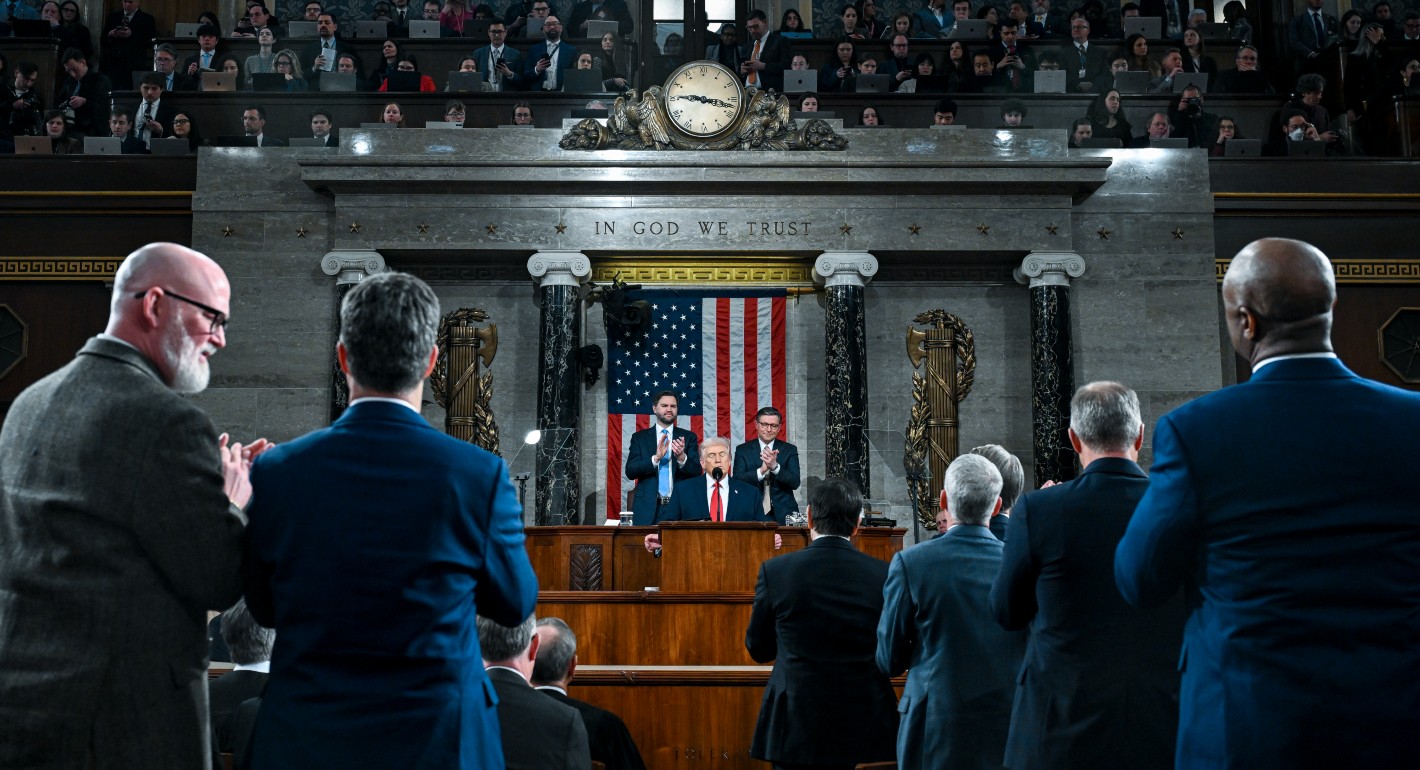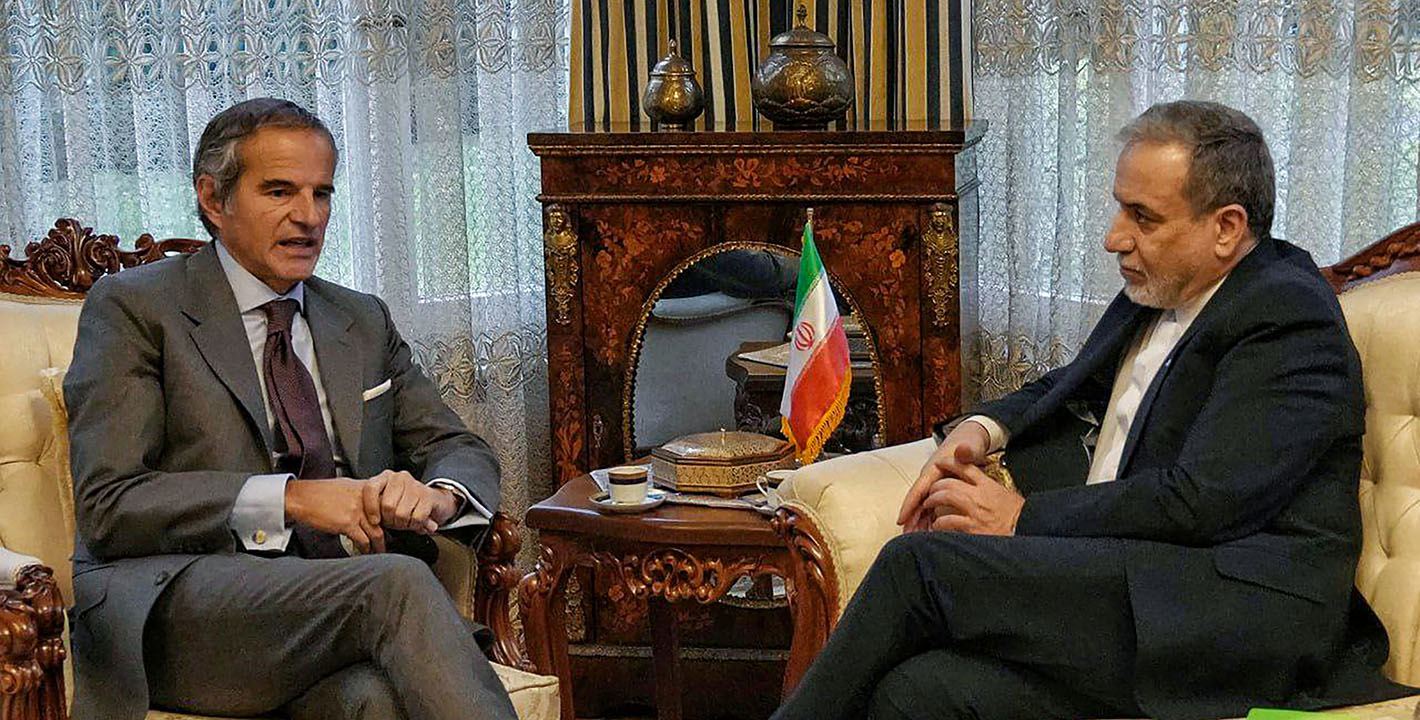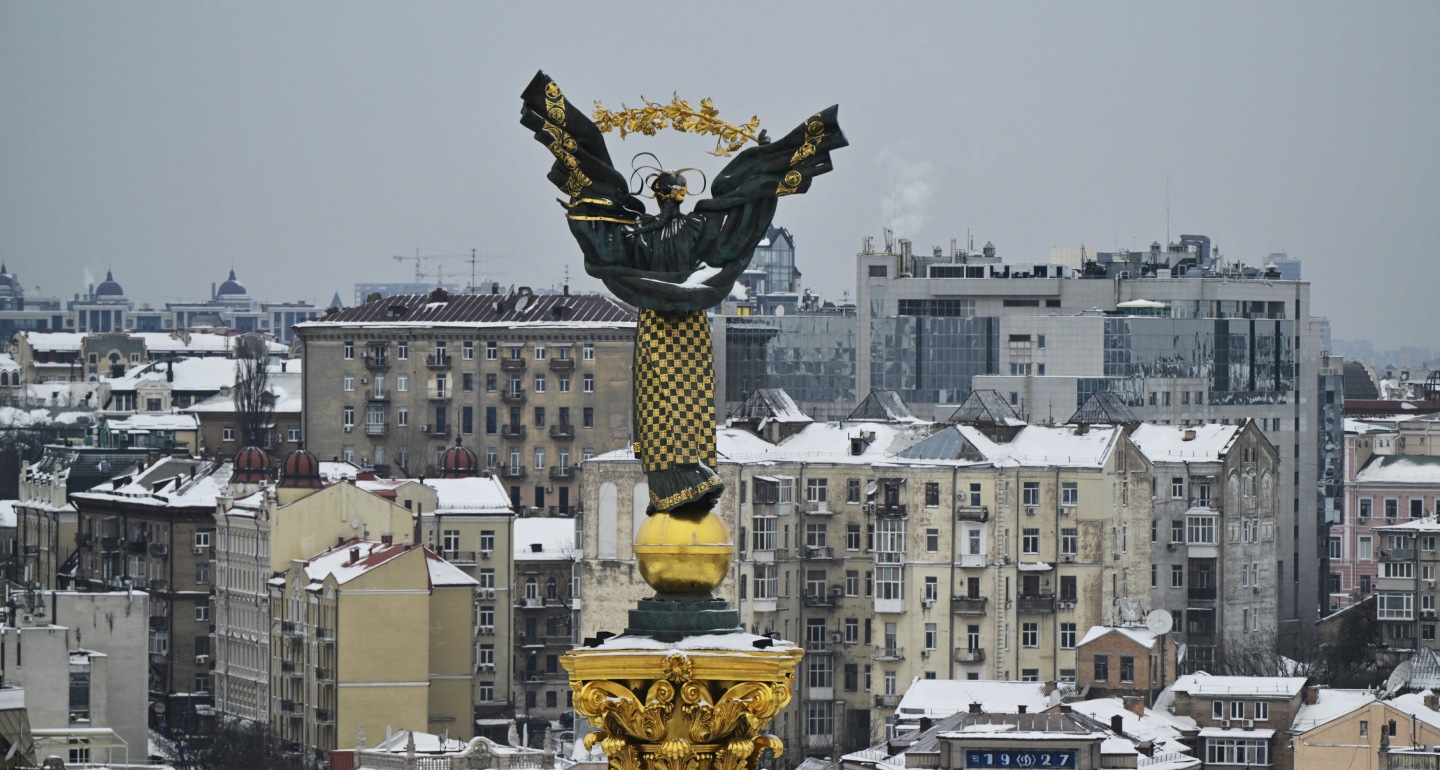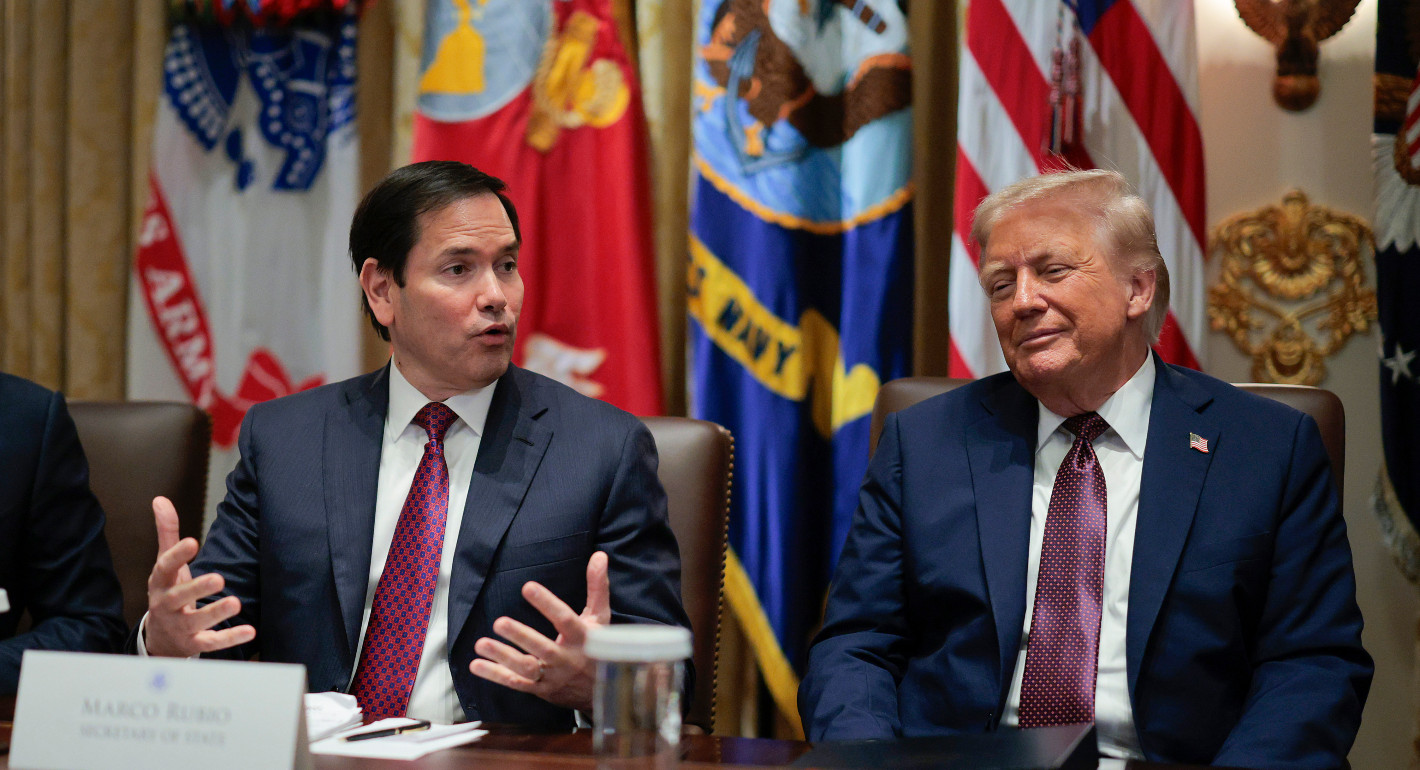Леонид Гозман, Michael McFaul
{
"authors": [
"Michael McFaul"
],
"type": "legacyinthemedia",
"centerAffiliationAll": "dc",
"centers": [
"Carnegie Endowment for International Peace"
],
"collections": [],
"englishNewsletterAll": "",
"nonEnglishNewsletterAll": "",
"primaryCenter": "Carnegie Endowment for International Peace",
"programAffiliation": "russia",
"programs": [
"Russia and Eurasia",
"Middle East"
],
"projects": [],
"regions": [
"Iran"
],
"topics": [
"Political Reform"
]
}
REQUIRED IMAGE
Solidarity with Iran
On Friday, there was a coup d'etat in Iran. By preventing thousands of democratic candidates from participating in the parliamentary elections, the clerics eliminated yet another relatively independent institution of political power. Their next target is the presidency.
Source: Carnegie
Originally published in the Wall Street Journal
On Friday, there was a coup d'etat in Iran. By preventing thousands of democratic candidates from participating in the parliamentary elections, the clerics eliminated yet another relatively independent institution of political power. Their next target is the presidency. If President Mohammad Khatami is replaced in 2005 through a similar faux electoral process, then the concentration of monopoly power in the hands of a clique of despotic clerics will be complete.
Contrary to common perception, Iranian society is today one of the most pluralist, and the Islamic regime one of the most fragile, in the region. Even after the election, the prospects for a democratic breakthrough are greater there than elsewhere in the Middle East. Iran occupies the same place in its neighborhood as Poland did in communist Europe in the 1980s. Like Poland then, Iranian society is organized, hostile to the regime, pro-democratic and pro-American, while Iran's rulers -- like their Polish counterparts 20 years ago -- have no legitimacy, are deeply corrupt, and seem ready to use any means necessary to survive. At the risk of stretching the analogy, last Friday's "coup" in Iran is the equivalent of Gen. Wojciech Jaruzelski's crackdown against Solidarity. Just as in Poland after December 1981, inside Iran the era of compromise and negotiation is now over.
However, the coup in Iran today and the one in Poland are different in one critical respect: the West's reaction. In contrast to the concerted efforts in the '80s to aid Solidarity, few in the West -- including the Bush administration -- have shown much solidarity with Iran's democrats. This policy, or the lack of one, needs to change.
The first step in executing a new strategy is to clarify whose side we are on. President Bush must make clear, ideally in a major speech devoted to Iran, that the U.S. has no intention of pursuing closer ties with the autocratic clerics as a reward for dismantling their nuclear weapons program; and that it is not a patron of any émigré candidate for leading a future democratic Iran. Many in Iran doubt President Bush's promises about democracy in the Middle East. Instead they see Washington focused on immediate goals -- such as arresting terrorists and eliminating WMDs -- that have led to cooperation with autocrats like Pakistan's Pervez Musharraf, Libya's Moammar Gadhafi and now, perhaps, the clerics in Iran.
For years, the "spiritual leader" Ayatollah Khamenei and his minions thwarted any effort to seek better relations with the U.S. In the wake of Saddam Hussein's ouster, however, the nervous mullahs changed their tactics, but not their goals. They were suddenly more willing to negotiate with Western states, particularly on international controls over their nuclear program. After saber-rattling against any new protocol with the International Atomic Energy Agency, the surprisingly timid mullahs suddenly agreed last October to allow vigorous inspections of all their facilities. The message to the world, and to the U.S. in particular, seemed clear: If agreements are to be made with Iran, it is the conservatives, and not the elected president, who must be partners to the deal. Buoyed by Col. Gadhafi's recent rapprochement with the U.S., they have pursued private talks with American counterparts, and have allegedly outlined in a secret letter the path to the resumption of full diplomatic relations. As a sweetener for the deal, conservatives hint that they can keep the Iraqi Shiites quiet. But their posture is a combination of bluff and deception.
The Bush administration and our European allies cannot be tempted into an agreement with Khamenei or his surrogates. If the past is any indication, the clerics will break any agreement they have signed out of expedience. Already there are signs of their bad faith on their promise to come clean on the extent of their nuclear program. There is even a theological concept -- Tagiye -- to justify such double-dealings with the "infidels." Nor can they help in Iraq, where Iran's mullahs have in fact little influence over clerics such as Ayatollah Sistani. The only way they can influence events in Iraq is through the thousands of agents they have sent over the borders.
Most importantly, signals of rapprochement would send a demoralizing signal to Iran's democratic forces. Negotiations over weapons inspectors are absolutely necessary, but the interlocutors in such discussions must be elected officials, not unelected clerics. Beyond this limited engagement, President Bush must initiate a more sophisticated strategy for engaging Iranian society -- without appearing to legitimize the regime. He must make public statements to assure democratic forces inside Iran that the U.S. is still on their side. President Bush should meet publicly with Iran's genuine democratic leaders, while avoiding imposters claiming to represent the Iranian people. American NGOs must engage more directly with Iranian civil society. Iranian students, scholars and entrepreneurs must be allowed greater interaction with American counterparts. Iran's democratic movement would benefit from contact with the West -- with Western societies, ideas and economies. The same strategy and organizations that helped support Polish society in the dark days after December 1981 must be deployed in Iran.
The future of Iran, and of its potential democracy, must be determined inside Iran. But the U.S. can play a crucial role by making clear that democracy is the paramount foreign policy goal in Iran. Arms control negotiations with the mullahs may serve American short-term interests, but at the expense of more lasting gains. If Iran becomes a liberal democracy, surely the Iranian nuclear threat to the U.S. will disappear definitively. After all, did not Poland's Solidarity ultimately do more to end the Cold War than any Soviet-American arms control agreement?
About the Author

Former Senior Associate
In addition to his role at Carnegie, McFaul is Peter and Helen Bing Senior Fellow at the Hoover Institution and associate professor of political science at Stanford University.
- Why a Democratic Russia Should Join NATOArticle
- Russia at a Crossroads: Upcoming Elections Defining IssueReport
Michael McFaul, Sanja Tatic
Recent Work
Carnegie does not take institutional positions on public policy issues; the views represented herein are those of the author(s) and do not necessarily reflect the views of Carnegie, its staff, or its trustees.
More Work from Carnegie Endowment for International Peace
- The Kremlin Is Destroying Its Own System of Coerced VotingCommentary
The use of technology to mobilize Russians to vote—a system tied to the relative material well-being of the electorate, its high dependence on the state, and a far-reaching system of digital control—is breaking down.
Andrey Pertsev
- Trump’s State of the Union Was as Light on Foreign Policy as He Is on StrategyCommentary
The speech addressed Iran but said little about Ukraine, China, Gaza, or other global sources of tension.
Aaron David Miller
- U.S. Aims in Iran Extend Beyond Nuclear IssuesCommentary
Because of this, the costs and risks of an attack merit far more public scrutiny than they are receiving.
Nicole Grajewski
- Notes From Kyiv: Is Ukraine Preparing for Elections?Commentary
As discussions about settlement and elections move from speculation to preparation, Kyiv will have to manage not only the battlefield, but also the terms of political transition. The thaw will not resolve underlying tensions; it will only expose them more clearly.
Balázs Jarábik
- The Trump Administration’s Tangled Talk About Democracy AbroadArticle
How significant are statements by senior U.S. officials about supporting democracy abroad in the context of a foreign policy led by a president focused on near-term transactional interests?
Thomas Carothers, McKenzie Carrier










